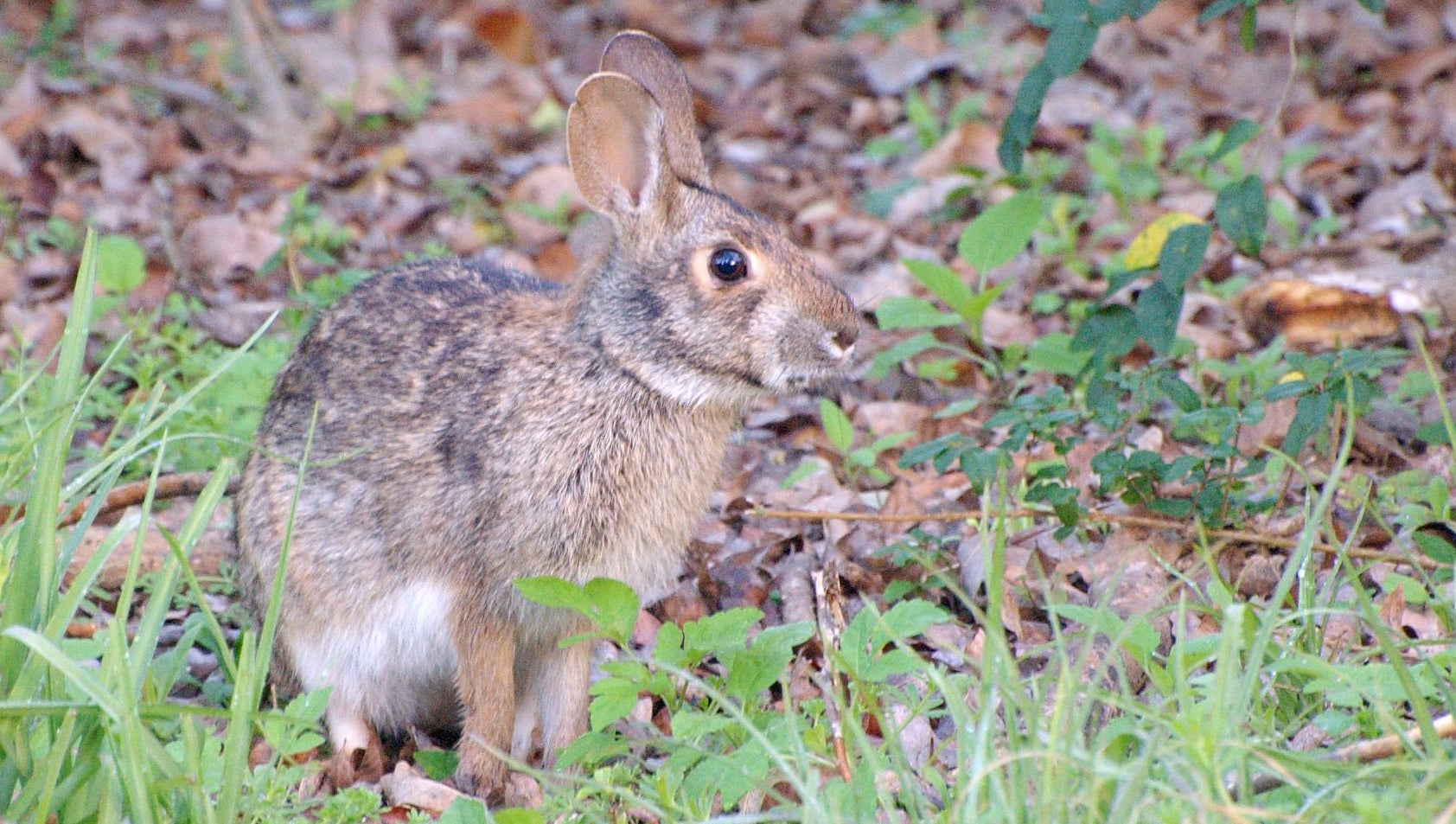First positive case of Rabbit Hemorrhagic Disease Virus Type 2 discovered in Rankin County, could spread to wild rabbits
Published 11:48 am Wednesday, September 29, 2021

- Democrat file photo
|
Getting your Trinity Audio player ready...
|
JACKSON — Mississippi Department of Wildlife, Fisheries and Parks Small game biologist Rick Hamrick confirmed there is a positive case of a new strain of rabbit disease in Mississippi called Rabbit Hemorrhagic Disease Virus Type 2, or RHDV2. The virus infected about 20 domesticated rabbits in Rankin County.
According to the Mississippi Board of Animal Health, they are investigating to determine where the source of the infection came from.
RHDV2 is a novel strain of RHD. Rabbit Hemorrhagic Disease is a disease caused by a virus in the calicivirus family.
Until 2018, this disease was only found in European rabbits before it was detected in Canada. By 2020, the disease had spread in the west to New Mexico, Arizona, Colorado, Texas and California. He said it is safe to assume RHDV2 could spread to native species of wild eastern cottontail and swamp rabbits.
“Until recently, we had not seen it in the wild, but it is new in North America,” Hamrick said. “It was previously seen in Europe. Starting last year, they discovered a newer strain in wild rabbits out west. Now it has popped up in domestic rabbits in the southeast.”
According to the MDWFP website, the disease enters a rabbit’s body through the mouth, nose or eyes. The virus persists in the environment for a very long time and is resistant to deactivation.
The virus spreads through direct contact with infected live or dead rabbits. Humans, pets and livestock are not susceptible to the disease. Humans can spread the disease with rabbit fur on their clothing. It could spread through rabbit urine or feces in the bedding of domesticated rabbits, Hamrick said.
RHD has a mortality rate of 20 percent, on average. In localized settings, the mortality rate ranges from 5 to 70 percent. In this instance, 21 out of 22 rabbits died within a 6 to eight-day period. Currently, there is no vaccine for the disease approved for sale in the US. According to MBAH’s website, there is a vaccine for the disease in development and two vaccines, which could be imported with special approval. People can call (601) 359-1170 if they have any questions. As of right now, there is no evidence of the disease in wild rabbit populations in Mississippi.
“It is something we know we will eventually deal with,” Hamrick said. “We encourage people to not spread diseases around by being sanitary with carcass disposal.”
Proper disposal of rabbits harvested while hunting would be field-dressing the animal on site. If you remove the animal from their home range area, it is best to place the remains in a garbage bag so it could be buried in a landfill rather than throwing it out into the woods, he said.
“People can also use bleach to disinfect hard surfaces and knives,” Hamrick said. “It is going to be next to impossible to eliminate any risk of it, but we can be precautious. There is a suspicion that blood-feeding insects could spread it too. We ask hunters to remain aware.”
People should contact Rick Hamrick via email at Rick.Hamrick@wfp.ms.gov or the MDWFP at 601-432-2199 if they find large numbers of dead wild rabbits with no apparent signs of death. Those who have domesticated rabbits should contact the MBAH if they notice several domesticated rabbit deaths by calling 1-888-722-3106.






